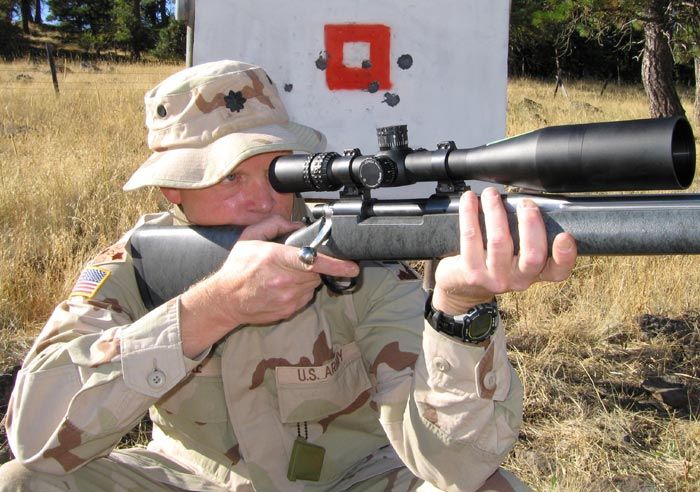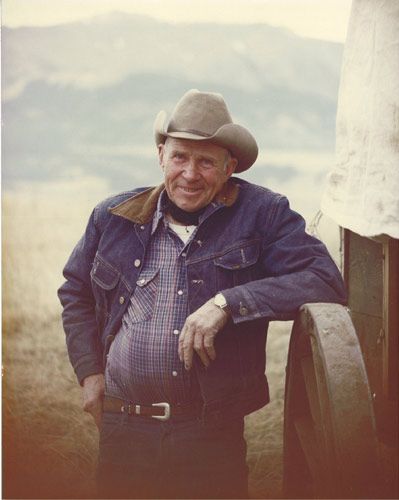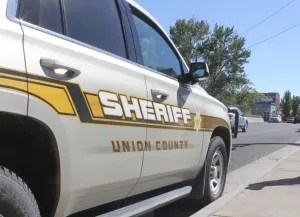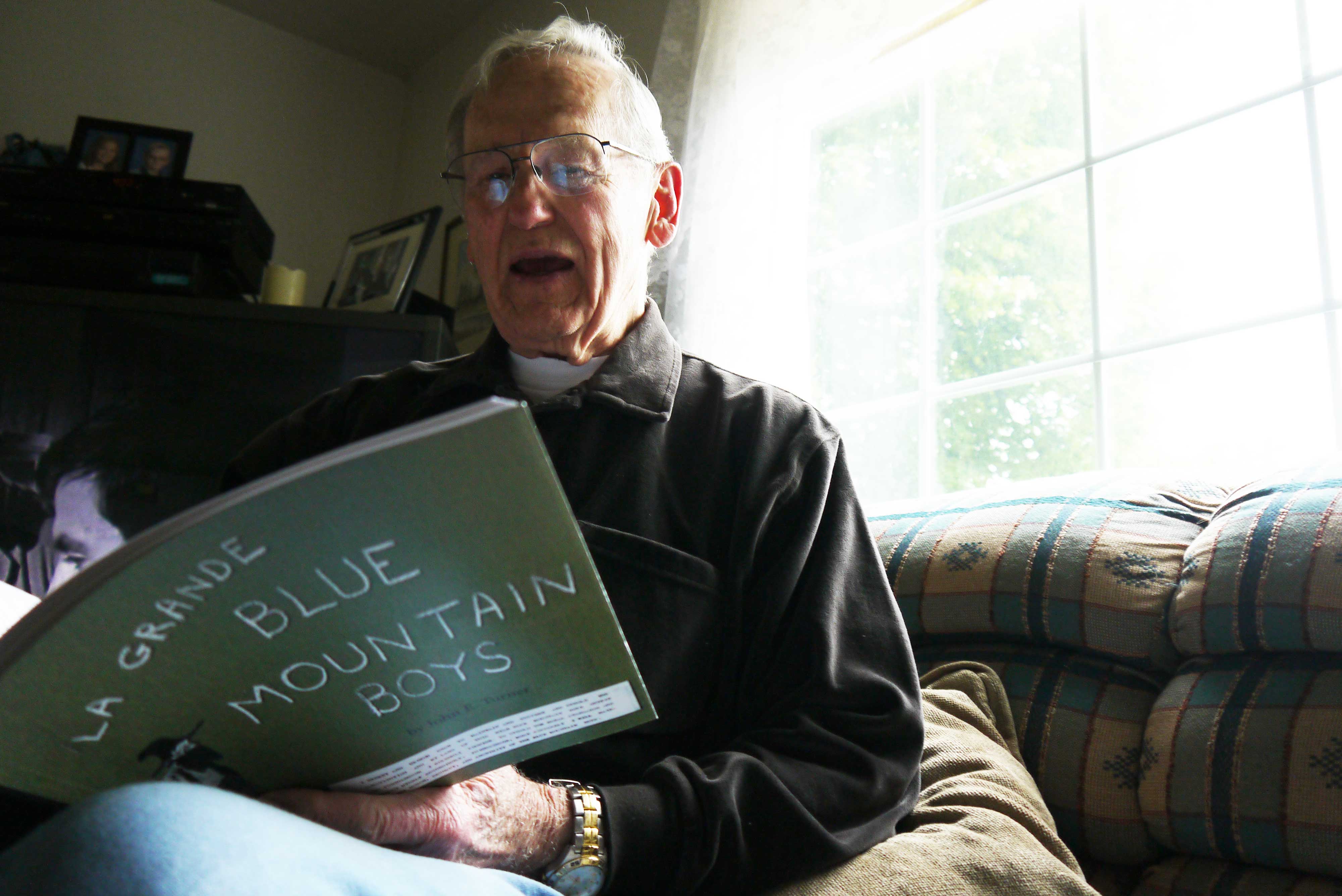Gift recognizes service in hospital, battlefield
Published 12:08 pm Saturday, January 12, 2008

- TAKING AIM: Dr. Daniel Hamre, who has served two tours of duty in Iraq, aims a composite âsuper rifleâ specially commissioned for him by his friend Ross Seyfried. - Submitted photo
One virtue of gratitude is that it can be
expressed in so many ways. How often it comes in the form of a
custom-designed sporting/target rifle can’t be known.
Ross Seyfried, a professional writer in La Grande, first
befriended Dr. Daniel Hamre when he successfully treated Seyfried’s son
several years ago for a life-threatening condition.
Hamre is a general surgeon at Grande Ronde Hospital. He’s also a longtime member of the Army Reserve.
In 2004, Lt. Col. Hamre served in Iraq as part of
the 915th Forward Surgical Team, a unit in support of the 4th Infantry
Division. A mortar attack wounded Hamre and 15 of his comrades, and he
returned to La Grande bearing a Purple Heart.
He and Seyfried share a passion for shooting. Before his second
deployment in Iraq, the surgeon became enamored of one of Seyfried’s
composite .22-caliber rifles, one specially designed for long-range
accuracy.
As Seyfried describes the weapon, “It’s a very small rifle that thinks it’s a big one.”
He decided to design such a weapon for his friend to thank Hamre
for his service – both in the corridors of the community hospital and
on the ravaged battleground.
“It all kind of blends together,” Seyfried says of his gratitude to Hamre. “His kind of people don’t come around very often.”
The rifle in question is constructed around a .22-6 mm Ackley
Improved cartridge. The fast twist of the barrel accommodates heftier
ammunition.
“It’s about a very long bullet that flies through the air with extreme efficiency and high velocity,” Seyfried explains.
“You can defy the laws of physics – kind of.”
He tells the story of the rifle’s design in an article in the
current issue of American Rifleman (“Half-Mile .22s”), a periodical to
which he’s occasionally contributed for years.
Actual assembly of the rifle fell to Jim Rector, a local gunsmith.
Hamre liked the end product, finished before his second tour of
duty. He couldn’t take the rifle with him to Iraq, although, according
to Seyfried’s article, he would have appreciated its unique
capabilities in the warzone.
In his story, Seyfried describes the soldier-doctor’s outlook on his re-deployment.
” … He was destined to return to the desert once again, and
not reluctantly as you might imagine,” he writes. “(Hamre) told me
during a quiet moment on the mountain that he wanted to go back.
“‘If they are going to blow our boys up … I want to go,’ he said.”
Such dedication, even in the face of battle, doesn’t surprise
Seyfried, who said Hamre “has one of those indefinable abilities to fix
people.”
“He is a very gifted trauma surgeon,” he said. “If you are in two pieces, you want him there to put you back together.”
Dr. Hamre is safely returned to the United States, although not yet back in La Grande.





